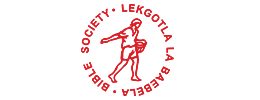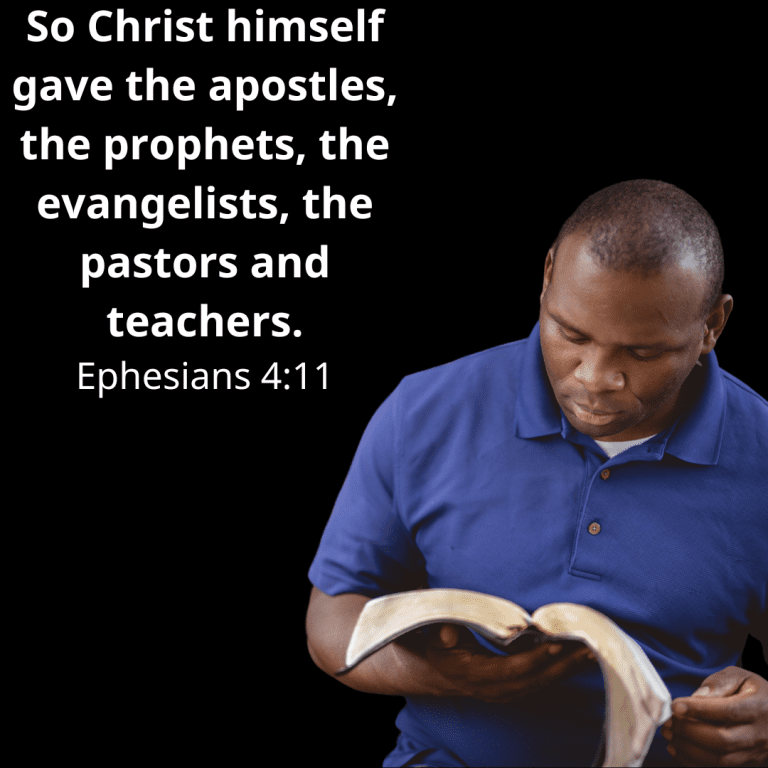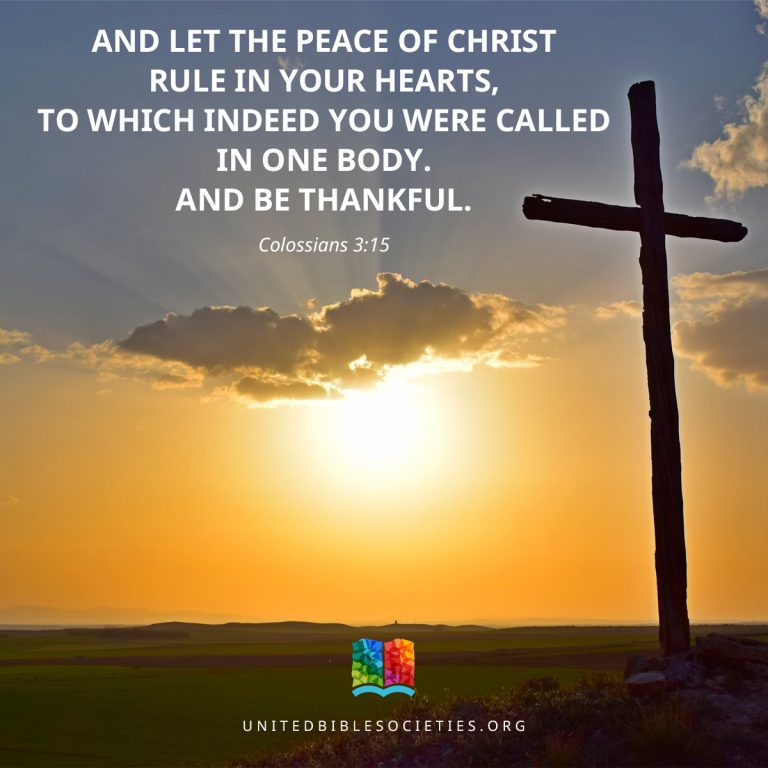Jidzo gulu
1 Ndizo takafanila kube ne njele hwulu kwazo muna tjatakahwa, kuti tisitongodwa tibhuda mu zila. 2 Ha kuli kuti dama lakalebgwa nge batumwa be kudzimu lakabe lili malebeswa, ngono mmwe ne mmwe usakalilondolodza kene kulihwa kaamutjila shamu yakafanila, 3 apa towodzeta tjini ha tisina hanya ngekwe jidzo ileli gulu zwingapa? Lakalebgwa ndi She kutanga, likakowobedzegwa mu zebe dzedu ndi ibabo bakanhwa, 4 ha Ndzimu naiwo upa butendeki nge zwilakidzo ne matjenamiso ne masazibgwe akasiyana siyana nenge zwipo zwe Meya yakayengemala, zwakakobiwa kuyendidzana nge kuda kwawo.
Iye unotitungamilila mu kutjidziwa
5 Ndzimu auzopa batumwa be kudzimu ndaulo mu shango inozha, yatinolebeleka nge kwayo. 6 Kwakalebgwa pamwe pathu kuyi,
“Nthu ini kene tjamungashwa mukumbula,
nkololo we nthu ini kene tjamungatjengeta?
7 Makanthama ali ntukunu pa batumwa be kudzimu kwe tjibakana,
makammbadza gudzo ne tjilumbi,
8 mukabiga tjimwe ne tjimwe tjamakabumba pasi kukwe.”
Mukubiga tjimwe ne tjimwe pasi kwe nthu, Ndzimu auzosiya tjimwe kuzhe kwe ndaulo iye. Sekwa kuli iko ngwenu atitobona nthu ebusa zwithu zose. 9 Koga tobona Jesu, wakabe athamiwa ntukunu pa batumwa be kudzimu kwe tjibakana atjimbadziwa, gudzo ne tjilumbi, ngobe wakadziyidziwa mu lufu, kuti ndizo nge ngoni dze Ndzimu alabilile mmwe ne mmwe lufu. 10 Ngobe kwakabe kwakalingisana kuti Ndzimu iwo wakathama zwithu zose, kakale iwo unozwitjengeta, mukuzhisa kwawo bana banjinji ku gudzo, uthame ntangisi we jidzo lakapelela ngo kudziyila.
11 Ngobe iye unoyengemadza ne banoyengemadziwa banodwa pang'ompela. Ngekwa ikoku, Jesu aatobhakhwa nge shoni kubadana banung'una babe, 12 eti,
“Ndowoleba zina lenyu ku banung'una bangu,
pakati kwe gubungano ndowomukudza.” 13 Kakale,
“Ndowobiga mu Ndzimu.” Kakale,
“Ndipano ne bana bandakapiwa nge Ndzimu.”
14 Se bana bakashanganyila mbumbiko ye mbili ne malopa, Jesu nge kukwe wakazwishanganyila nabo. Eyitila kuti nge lufu gugwe akolomole una simba le kubulaya, iye Satani, 15 ngono asunungule ibabo bakatjila butjilo gwabo gose betjila mu bulanda gwe kutja lufu. 16 Ngoti malebeswa hwuti, aatobhatsha batumwa be kudzimu, koga iye unobhatsha ludzi gwa Abhurahama. 17 Ndizo wakabe efanila kuti ange banung'una babe nge mbumbiko yose kuti ndizo abe Ntungamili we bapirisiti una ngoni unogalikabgwe mu kushingila Ndzimu, kuzwipa ali tjibhayilo tjinodusa matjinyo e bathu. 18 Ngoti iye nge kukwe wakadziyila kakale kalikwa, ngwenu unotubula kubhatsha banolikwa.
The Great Salvation
1 That is why we must hold on all the more firmly to the truths we have heard, so that we will not be carried away. 2 The message given to our ancestors by the angels was shown to be true, and those who did not follow it or obey it received the punishment they deserved. 3 How, then, shall we escape if we pay no attention to such a great salvation? The Lord himself first announced this salvation, and those who heard him proved to us that it is true. 4 At the same time God added his witness to theirs by performing all kinds of miracles and wonders and by distributing the gifts of the Holy Spirit according to his will.
The One Who Leads Us to Salvation
5 God has not placed the angels as rulers over the new world to come—the world of which we speak. 6 Instead, as it is said somewhere in the Scriptures:
“What are human beings, O God, that you should think of them;
mere human beings, that you should care for them?
7 You made them for a little while lower than the angels;
you crowned them with glory and honor,
8 and made them rulers over all things.”
It says that God made them “rulers over all things”; this clearly includes everything. We do not, however, see human beings ruling over all things now. 9 But we do see Jesus, who for a little while was made lower than the angels, so that through God's grace he should die for everyone. We see him now crowned with glory and honor because of the death he suffered. 10 It was only right that God, who creates and preserves all things, should make Jesus perfect through suffering, in order to bring many children to share his glory. For Jesus is the one who leads them to salvation.
11 He purifies people from their sins, and both he and those who are made pure all have the same Father. That is why Jesus is not ashamed to call them his family. 12 He says to God,
“I will tell my people what you have done;
I will praise you in their meeting.”
13 He also says, “I will put my trust in God.” And he also says, “Here I am with the children that God has given me.”
14 Since the children, as he calls them, are people of flesh and blood, Jesus himself became like them and shared their human nature. He did this so that through his death he might destroy the Devil, who has the power over death, 15 and in this way set free those who were slaves all their lives because of their fear of death. 16 For it is clear that it is not the angels that he helps. Instead, he helps the descendants of Abraham. 17 This means that he had to become like his people in every way, in order to be their faithful and merciful High Priest in his service to God, so that the people's sins would be forgiven. 18 And now he can help those who are tempted, because he himself was tempted and suffered.


